People are always asking me who my literary influences are, so I thought I’d write a bit about that. Rod Serling’s Twilight Zone (and, to a lesser extent, Night Gallery) probably influenced me just as much if not more than the five gentlemen listed below. But as far as novelists go, these are my top five. I’ve enjoyed them as a reader and learned from them as a writer, and recommend each of their works highly. Here we go!
- Ken Grimwood. I first read Grimwood’s Replay when I was eighteen or nineteen.
 Replay tells the story of 43-year-old radio journalist Jeff Winston, who dies of a heart attack while talking on the phone with his wife in 1988. He wakes up in 1963 as an 18-year-old at Emory University in Atlanta. He has all his memories, and his entire adult life to live over again. 25 years later, despite his best efforts, he dies of another heart attack and then the cycle starts all over again. He goes through many lives, all the while trying to find out why this is happening to him. It’s a wonderful novel, and I’ve read it at least a dozen times since then, and fallen in love with it more and more with each reading.
Replay tells the story of 43-year-old radio journalist Jeff Winston, who dies of a heart attack while talking on the phone with his wife in 1988. He wakes up in 1963 as an 18-year-old at Emory University in Atlanta. He has all his memories, and his entire adult life to live over again. 25 years later, despite his best efforts, he dies of another heart attack and then the cycle starts all over again. He goes through many lives, all the while trying to find out why this is happening to him. It’s a wonderful novel, and I’ve read it at least a dozen times since then, and fallen in love with it more and more with each reading. - Jonathan Carroll. His early works were creepy as hell, and magic wasn’t always a good thing. I’ve read every one of Carroll’s novels, and The Ghost in Love is probably my
 favorite. It was his earlier books like The Land of Laughs and From the Teeth of Angels, however, that really got me hooked. And gave me nightmares. And, yes, I wouldn’t really classify Carroll as a horror writer. In fact, I think the reason I like him so much is that his work is really indescribable. Magic realism, stark raving mad horror, romance… it’s all in there. The Ghost in Love showcases a man who suffers an injury that should have killed him, but he refuses to die. Which befuddles his ghost, and makes things really inconvenient for everyone involved.
favorite. It was his earlier books like The Land of Laughs and From the Teeth of Angels, however, that really got me hooked. And gave me nightmares. And, yes, I wouldn’t really classify Carroll as a horror writer. In fact, I think the reason I like him so much is that his work is really indescribable. Magic realism, stark raving mad horror, romance… it’s all in there. The Ghost in Love showcases a man who suffers an injury that should have killed him, but he refuses to die. Which befuddles his ghost, and makes things really inconvenient for everyone involved. - Tim Powers. I’ve been a Powers fan since his Last Call trilogy, which consists of the three loosely-related novels: Last Call, Expiration Date, and Earthquake Weather. Powers takes “magical realism” to another level. Set in early 1990’s Las Vegas, the
 novels show a view of the city through the skewed lens of magic rituals and spirits. My favorite Powers novel, however, is Three Days to Never, a story that combines magical realism, time travel, and alternate history into the an exciting, captivating tale that is both epic and personal. Frank Marrity, a college professor, and his daughter Daphne becomes involved in an intricate tale that involves Albert Einstein, Charlie Chaplin, time travel, ghosts, psychic links, astral projection, Israeli spies and a secret evil organization. Read it, you’ll be happy that you did.
novels show a view of the city through the skewed lens of magic rituals and spirits. My favorite Powers novel, however, is Three Days to Never, a story that combines magical realism, time travel, and alternate history into the an exciting, captivating tale that is both epic and personal. Frank Marrity, a college professor, and his daughter Daphne becomes involved in an intricate tale that involves Albert Einstein, Charlie Chaplin, time travel, ghosts, psychic links, astral projection, Israeli spies and a secret evil organization. Read it, you’ll be happy that you did. - James P. Blaylock. Blaylock and Tim Powers are good friends and tend to get lumped in together in the Steampunk genre, though I really have enjoyed the non-Steampunk works better, and have found Blaylock’s work to be slightly more accessible. The Last
 Coin, published in 1988, is probably my favorite Blaylock tale. In the story, Andrew Vanbergen is struggling to start a bed and breakfast with his wife Rose when Jules Pennyman comes along to rent a room. Pennyman is attempting to collect the 30 silver coins that were paid to Judas Iscariot to betray Jesus, and Vanbergen becomes involved in the struggle to keep the last coin out of Pennyman’s hands. More magical realism here, and Blaylock does it just as well as Powers. The tale takes many twists and turns, and is an incredible read, as are all of Blaylock’s books.
Coin, published in 1988, is probably my favorite Blaylock tale. In the story, Andrew Vanbergen is struggling to start a bed and breakfast with his wife Rose when Jules Pennyman comes along to rent a room. Pennyman is attempting to collect the 30 silver coins that were paid to Judas Iscariot to betray Jesus, and Vanbergen becomes involved in the struggle to keep the last coin out of Pennyman’s hands. More magical realism here, and Blaylock does it just as well as Powers. The tale takes many twists and turns, and is an incredible read, as are all of Blaylock’s books. - Charles de Lint. I first read Moonheart when I was 16, and fell in love with it. de Lint is, perhaps, the grandfather of urban fantasy, and Moonheart is the cornerstone of that
 genre. Filled with Celtic and Native American mythology, but in a contemporary setting, Moonheart is a tour de force of magic. A magical house that seems to change and grow whenever needed doesn’t hurt, either. de Lint has since produced a long list of novels, each weaved in magic and suspense. Trader, however, which tells the story of two men who switch bodies, eventually superseded Moonheart as my favorite de Lint novel.
genre. Filled with Celtic and Native American mythology, but in a contemporary setting, Moonheart is a tour de force of magic. A magical house that seems to change and grow whenever needed doesn’t hurt, either. de Lint has since produced a long list of novels, each weaved in magic and suspense. Trader, however, which tells the story of two men who switch bodies, eventually superseded Moonheart as my favorite de Lint novel.
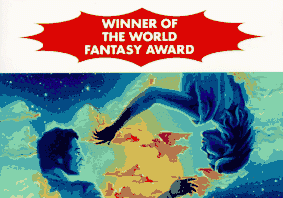
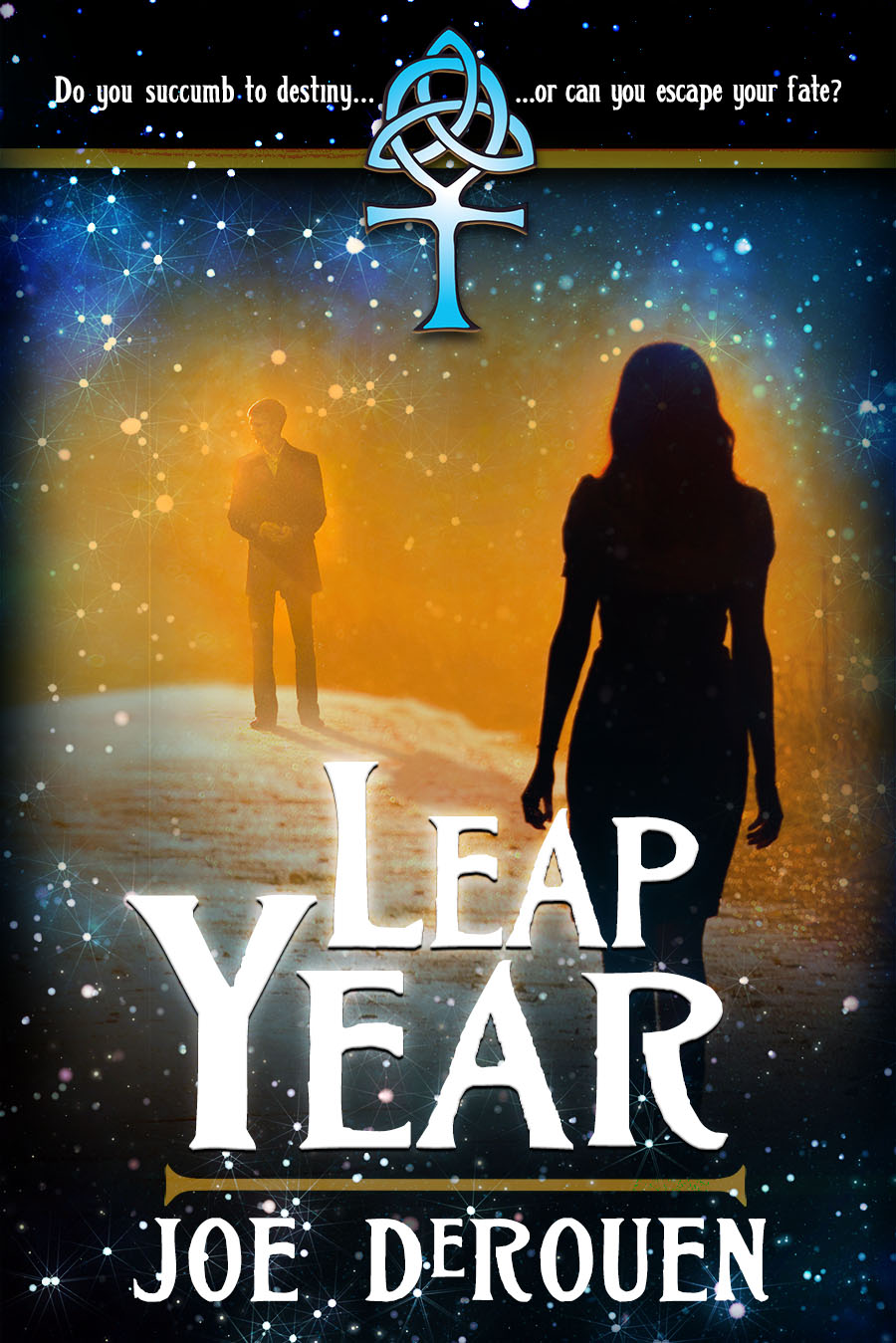
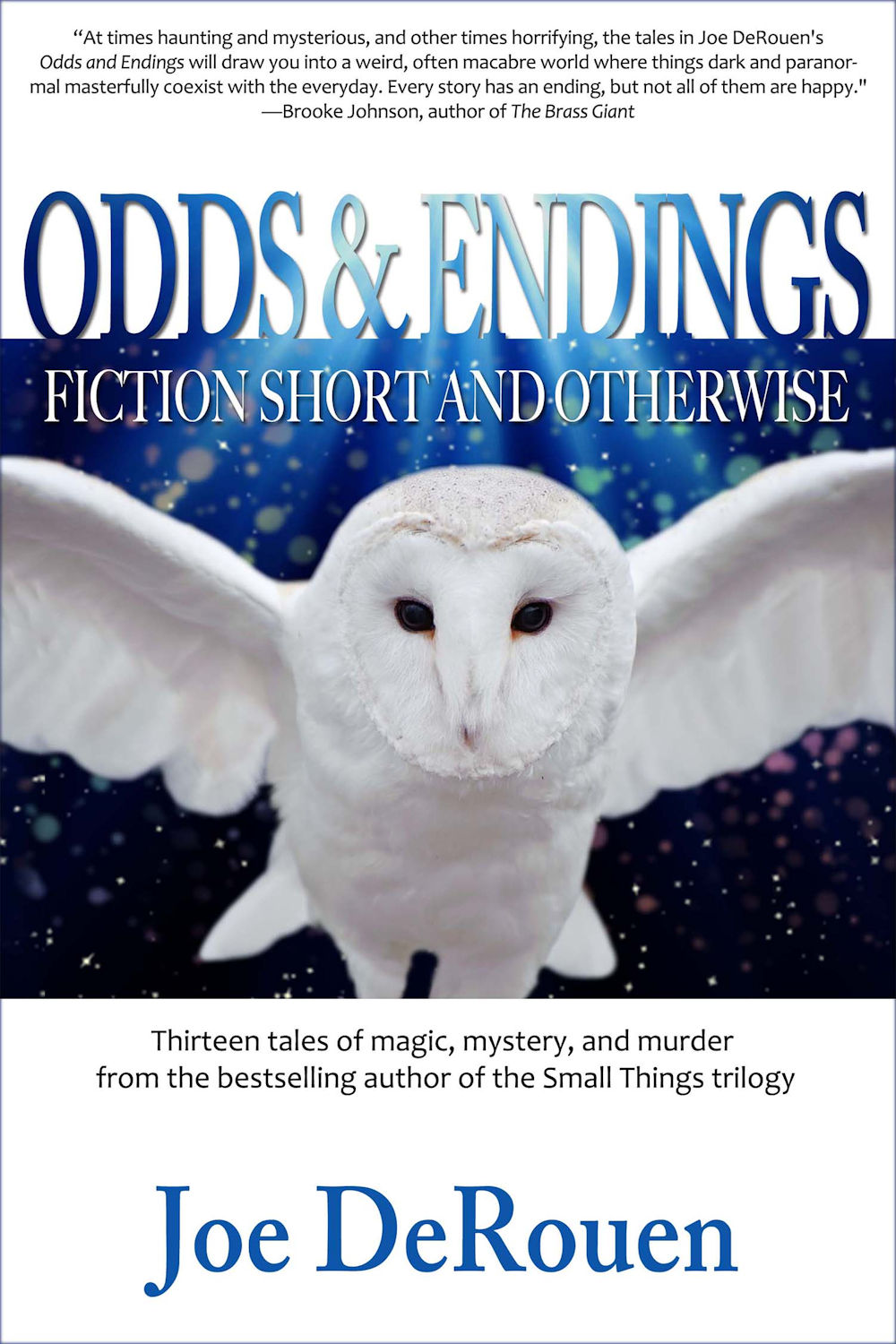
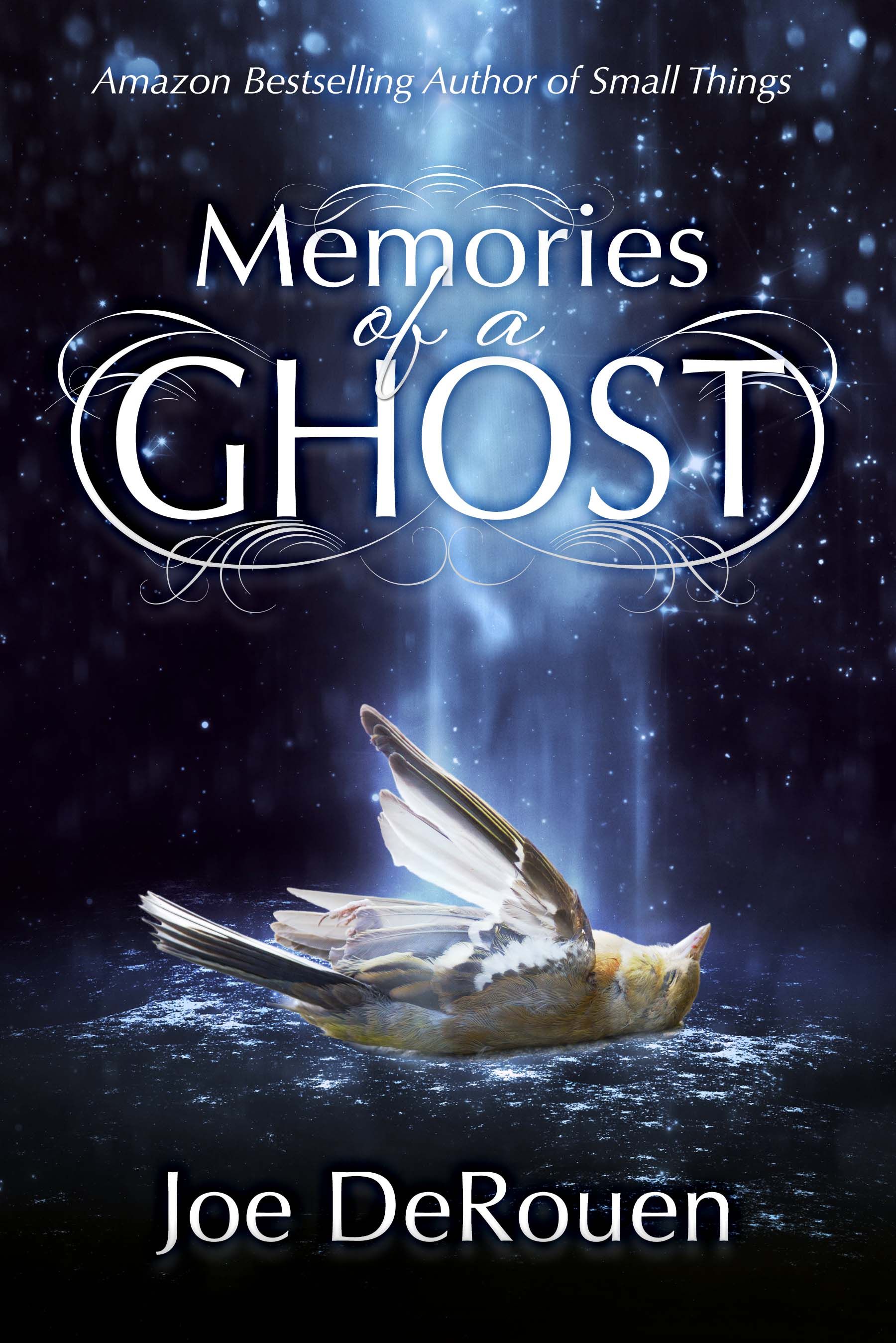
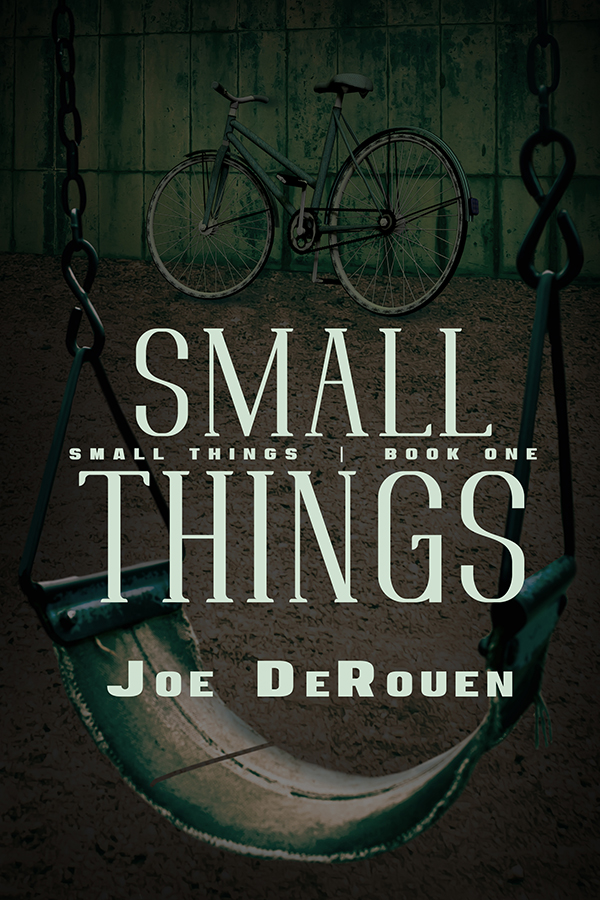
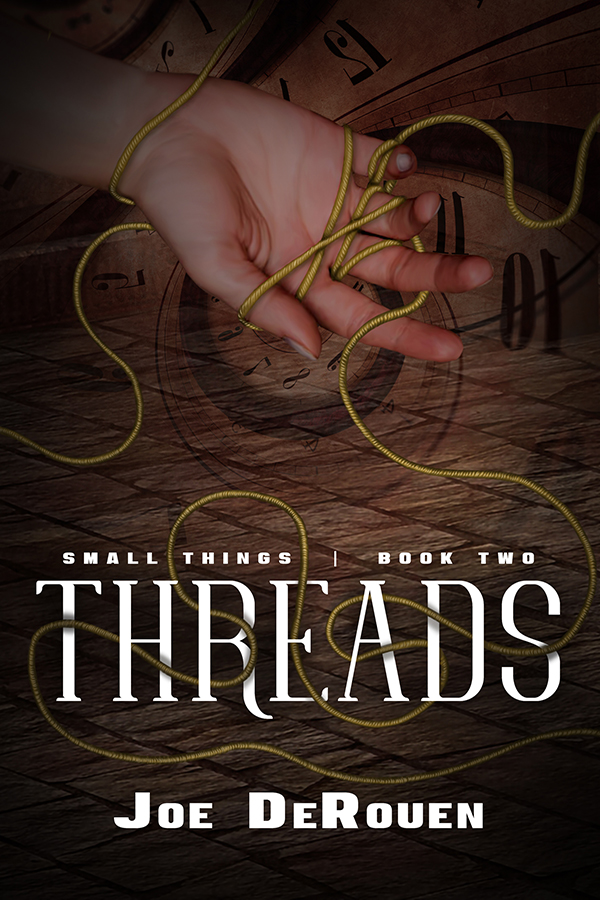
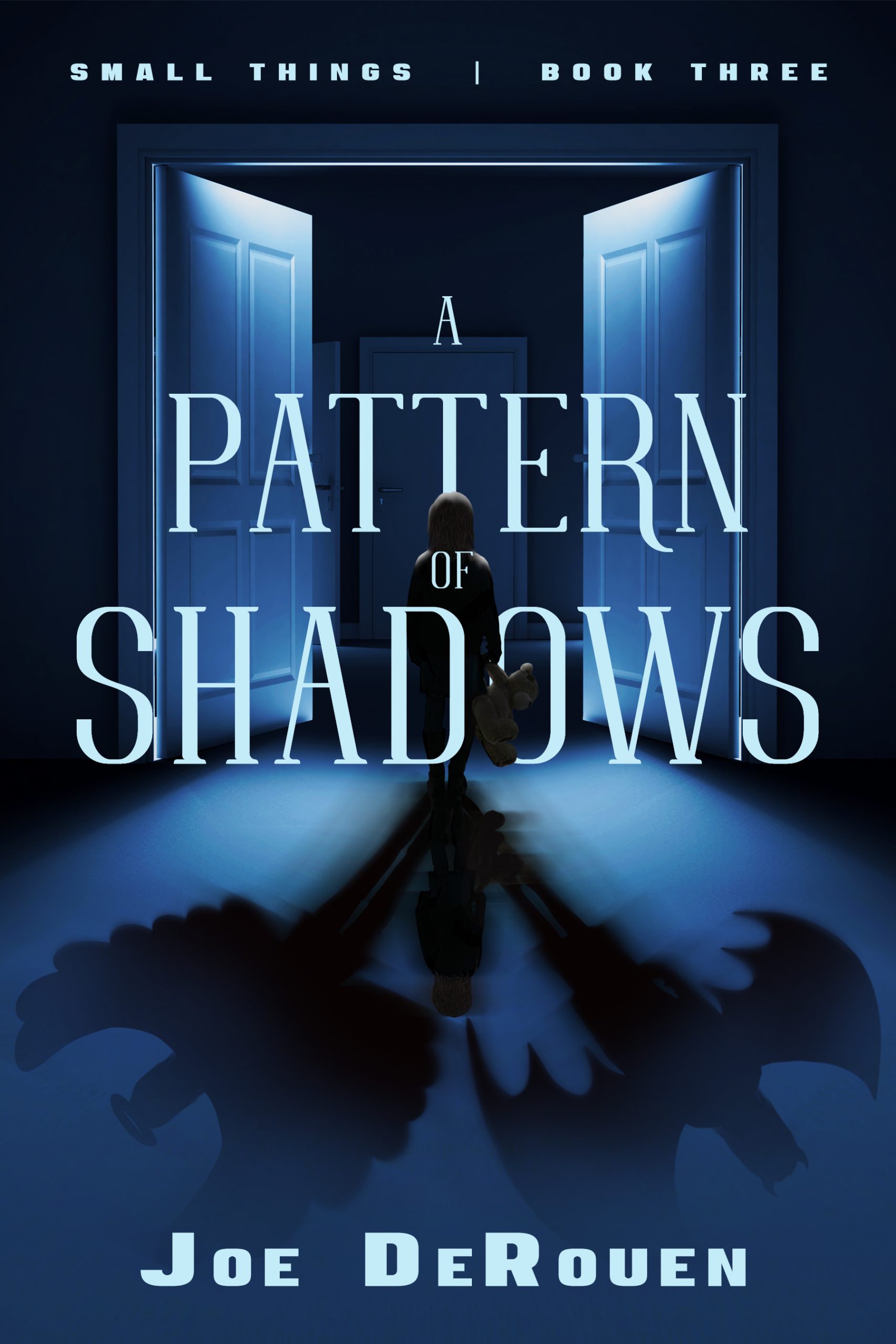
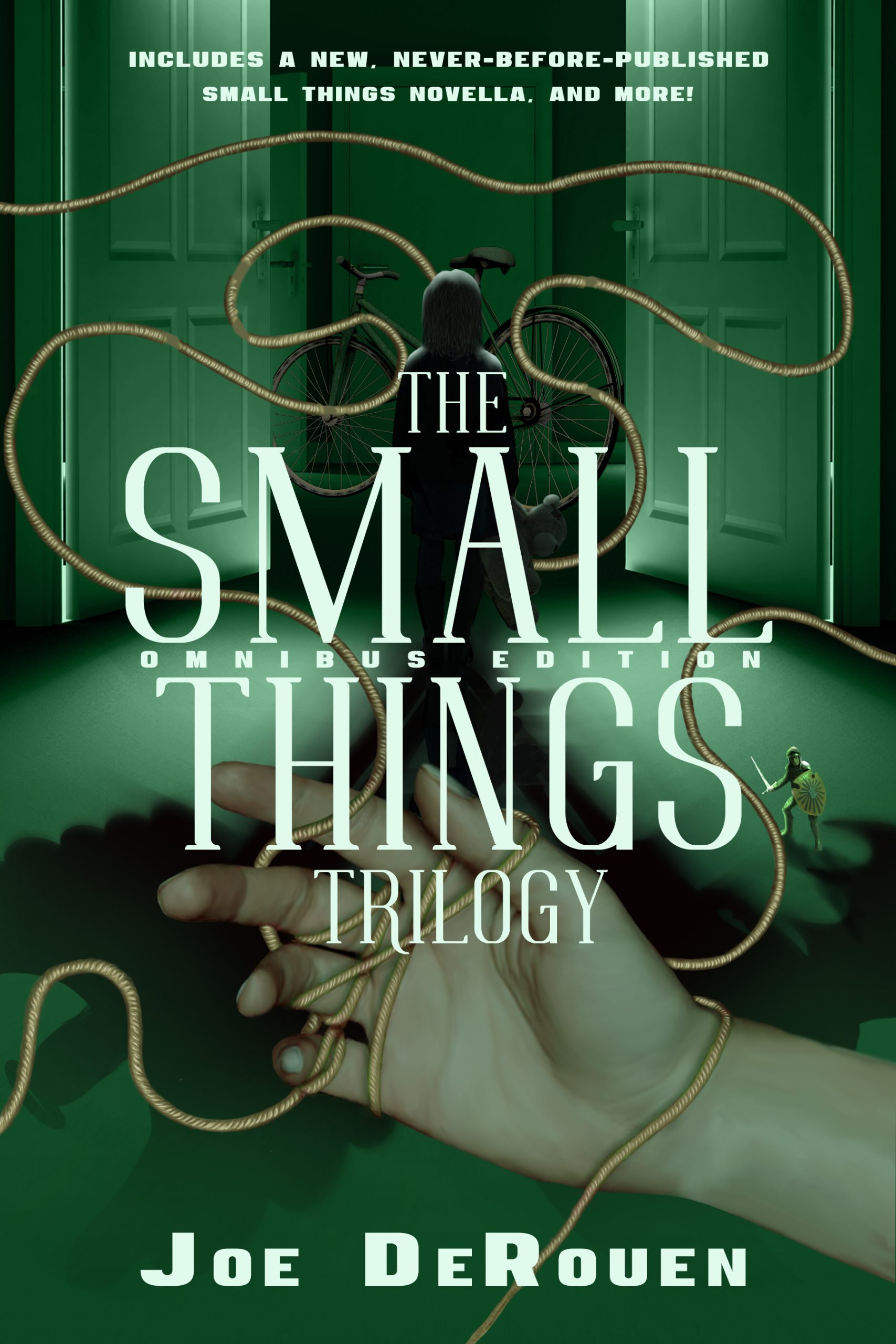
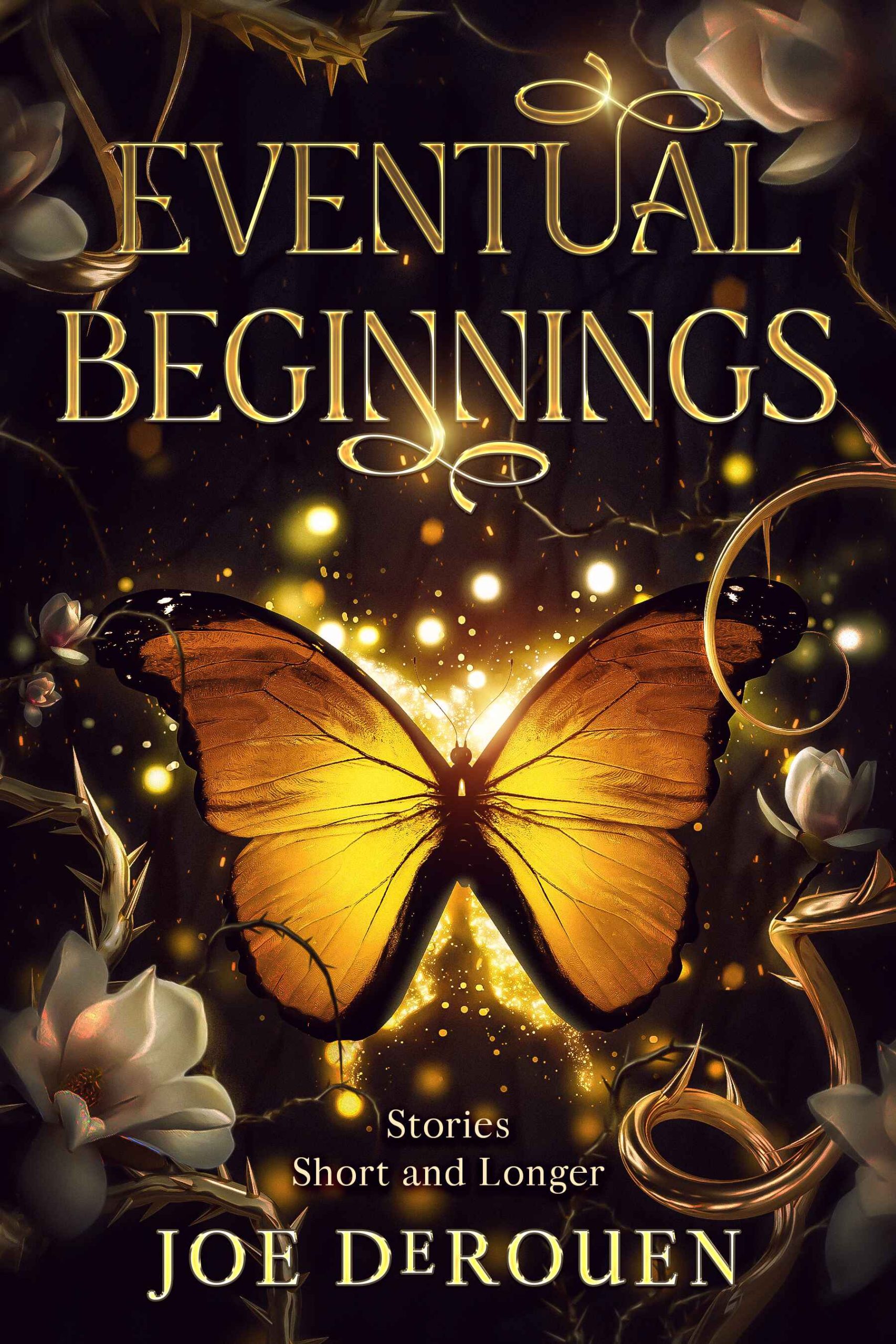
No responses yet